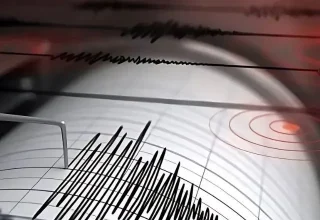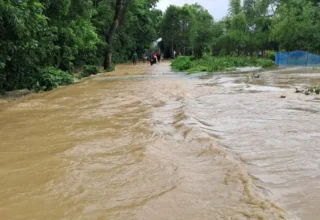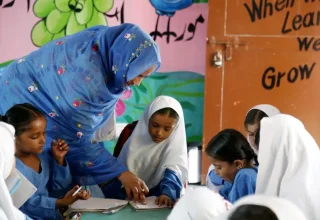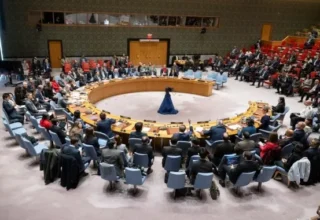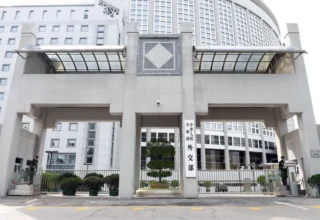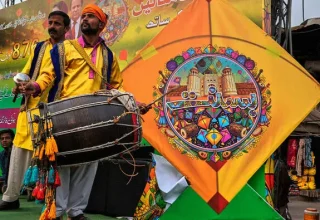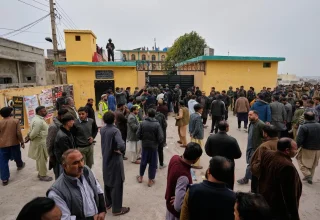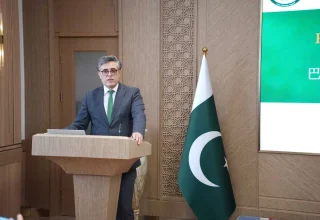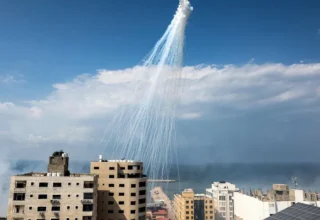
The only power plant in the Gaza Strip, which is under fierce Israeli bombardment and siege, shut down on Wednesday after it ran out of fuel, said the Palestinian enclave’s electricity authority.
“The only power plant in the Gaza Strip stopped functioning at 2pm (1100 GMT),” the authority’s head Jalal Ismail said in a statement, having earlier warned that it was running short of fuel.
“We’ve decided to cut the supply of water, electricity and fuel, and now their local power plant has collapsed and there’s no electricity in Gaza,” the Israeli energy minister, Israel Katz, said in a statement.
“We’ll continue tightening the siege until the Hamas threat on Israel and the world is removed,” he added.
The United Nations agency for Palestinian refugees told Al Jazeera that it had less than two weeks’ supply of food and water to assist the more than 180,000 Palestinians who have sought refuge in their schools in Gaza.
Gaza’s health ministry said on Wednesday afternoon at least 1,055 Palestinians had been killed and 5,184 injured in the crowded coastal enclave since Saturday’s surprise attack while Israel’s military said the death toll there had reached 1,200 and more than 2,700 people had been wounded. Israel’s army said the bodies of roughly 1,500 fighters had been found.
Israel said it had regained control of the border areas from the Palestinian group Hamas.
Fears of a regional conflagration have surged ahead of an expected Israeli ground incursion into Gaza, the crowded, impoverished enclave from where Hamas launched its land, air and sea attack on the Jewish Sabbath.
International NGOs issued a stark warning over the health and humanitarian situation in the Gaza Strip.
Prime Minister Benjamin Netanyahu and a political rival have announced an emergency government for the duration of the conflict.
The veteran right-wing leader was joined by the centrist Benny Gantz, a former defence minister, in the government and war cabinet as both put aside bitter political divisions that have roiled the country and sparked mass protests.
Netanyahu struck the political deal with Gantz and pledged to freeze for now his government’s flashpoint judicial overhaul plan that has sparked an unprecedented wave of mass protests since the start of the year.
Netanyahu’s extreme-right and ultra-Orthodox Jewish allies will remain in government, however.
Opposition leader Yair Lapid has not joined the temporary alliance, although the joint statement said a seat would be “reserved” for him in the war cabinet.
“Israel before anything else,” Gantz wrote in a social media post while the far-right National Security Minister Itamar Ben-Gvir wrote that he “welcomes the unity, now we must win”.
“My entire life, I have seen Israel kill us, confiscate our lands and arrest our children,” said Farah al-Saadi, 52, a coffee vendor from Ramallah in the Israeli-occupied West Bank who praised the Hamas offensive.
The Israeli army has called up 300,000 reservists and massed tanks and other heavy armour both near Gaza and on the northern border with Lebanon, where exchanges of fire continued.
The military said its forces had largely reclaimed the embattled south and the border around Gaza, and dislodged holdout Hamas fighters from more than a dozen towns and kibbutzim.















